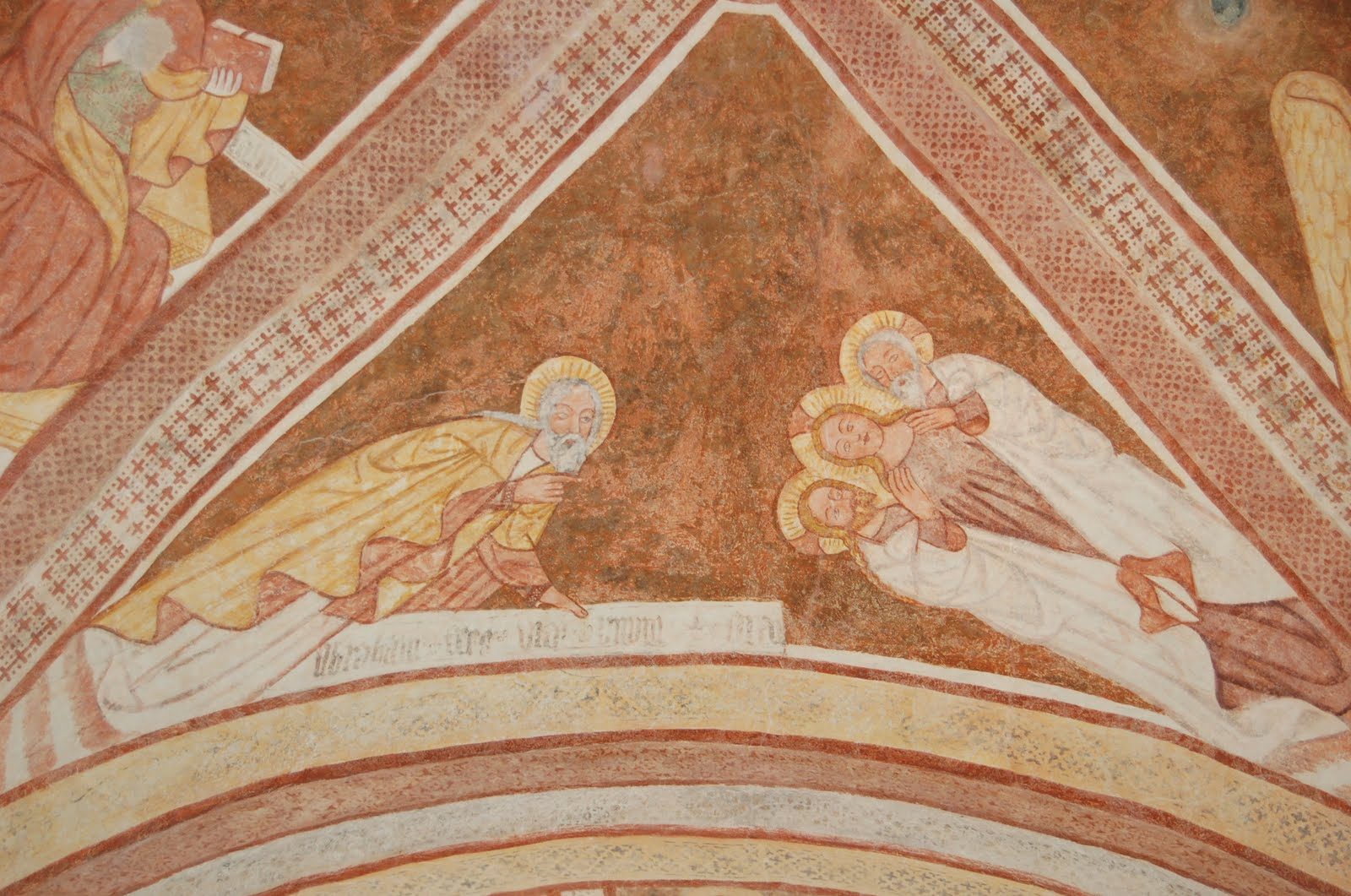We think of Judas as the black sheep of the family during Holy Week. He made an unforgiveable mistake, right? So big that even Jesus pronounced “woe” to His betrayer (Matt. 26:24). A closer look at Matthew 26 shows us that Jesus had Judas covered. In fact, Matthew shows that all The Twelve failed Jesus when He needed them most, and Jesus loved them anyway.
Under Jesus’ Wings
Jesus thought of his disciples beforehand with the love of a mother hen wanting to gather her chicks together, knowing they would soon scatter anyway, in the Jerusalem who killed her prophets (Mt. 23:37).
He loved them with longing, like a motherly father filled with compassion for a lost son, or like a shepherd in search of the one wandering sheep, or the woman looking for her coin (Luke 15).
Judas was no exception.
Eating the Bread of Life with Jesus
Luke records that the religious leaders complained that Jesus “welcomes sinners and eats with them” (Luke 15:2). The Pharisees and scribes could have murmured about that at the Last Supper, too.
Not even Judas truly wanted to hurt Jesus. (In Matthew’s account, Judas seemed focused on money, like a tax collector, and perhaps Matthew-the-tax-collector was more sympathetic because of this). They would all hurt him, anyway. But Jesus, knowing this, welcomed them. He ate with them.
While they were together anticipating a joyful meal, Jesus said, “‘The truth is, one of you is about to betray me.’” At that point Matthew recalls, “They were greatly distressed and started asking him in turn, ‘Surely it is not I, Teacher?’”
Jesus said, “‘The one who has dipped his hand into the dish with me is the one who will hand me over’” (Mt. 26:23).
Jesus chose this symbol of eating together as friends to both prophecy Judas’ betrayal and to declare Judas’ redemption. The Last Supper would be the first communion, the final indication of the complete forgiveness that Jesus was about to provide through His death and resurrection.
Judas took bread, along with Christ Himself. Judas took the bread of life, the body of Christ (Mt. 26:26), which would nourish him beyond sin and death. And when Judas did repent (Mt. 27:3), there would be “joy in the presence of the angels of God” (Luke 15:10).
Drink From It, All of You
Nonetheless, Judas would face suffering for his actions, the overwhelming, weighty feeling of remorse that led both to Judas’ throwing the money back into the temple, and also to his decision to kill himself. Jesus predicted this when he said, “But woe to the one by whom the Chosen One is betrayed! It would be better for that one not to have been born at all” (Mt. 26:24).
But did Jesus mean that He wanted Judas to suffer or to be punished in hell? No. This is what He does after he and Judas eat together:
Then he took a cup, gave thanks, and gave it to them. ‘Drink from it, all of you,’ he said. ‘This is my blood, the blood of the Covenant, which will be poured out on behalf of many for the forgiveness of sins. The truth is, I will not drink this fruit of the vine again until the day when I drink it anew with you in my Abba’s kingdom (Mt. 26:27-29).
Jesus specified that he wanted everyone to drink from the cup, including Judas. He made clear he would drink wine again with all of them in heaven.
Every Disciple Needed (Needs) Jesus’ Mother-Love
And each of the twelve disciples needed the cup of forgiveness, though none of them felt that way while feasting with Jesus (Mt. 26:22, 25). Jesus prophecies: “‘Tonight you will all fall away because of me, for scripture says, I will strike the shepherd, and the sheep will be scattered’’” (Mt. 26:31).
It’s not always clear how the others failed. But three times Jesus asked them to stay awake with him, and three times he found them asleep (Matt. 26:40, 43, 45).
This parallels Peter’s later denial of friendship with Jesus three times, even though Peter and all The Twelve had promised that they could die with Jesus if they must (26:35). Jesus expressed grief “to the point of death” (26:38) and yet the men abandoned him when He needed them most.
Jesus tells them: “‘Be on guard, and pray that you may not undergo trial. The spirit is willing, but the body is weak’” (Matt. 26:42).
He wants His friends to be spared any pain, and He knows they mean well. Their spirits were willing. Jesus does not condemn them. But like a caring mother, He warns them.
Like tired toddlers or hurt teenagers, they do not listen.
But Jesus had them covered under His wings already–Judas, Peter, the other ten men, and the many women who followed Him.
Jesus’ blood and His mother-love would not fail, and does not fail you and me. Today. Now. If there’s something you cannot forgive yourself for, Jesus has your back. If He could forgive Judas, He’s got us all covered.

